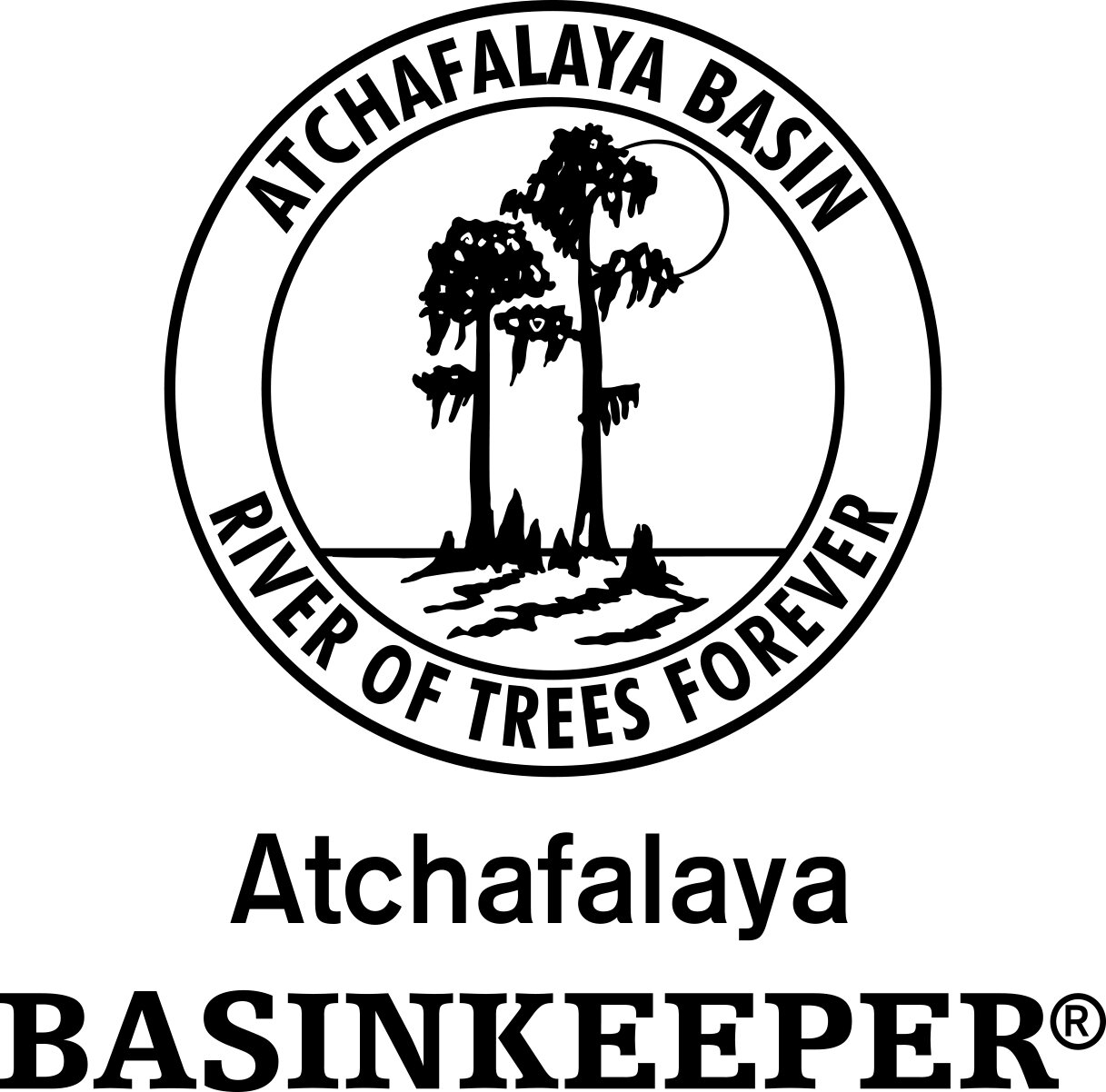After months of tireless work from our legal team, we are excited to announce that the Preliminary Injunction filed to stop construction of the Bayou Bridge Pipeline has been granted!
Federal District Court Judge Shelly Dick sided with the Basinkeeper on the case during the initial hearing on February 8th, stating that "irreparable harm" had been caused in the Basin.
The plaintiffs including Atchafalaya Basinkeeper, Gulf Restoration Network, Louisiana Crawfish Producer's Association-West, Sierra Club, and Waterkeeper Alliance argued on the grounds that the Corps had granted the permits prematurely, that beginning construction during a high water season would cause irreparable harm on its own, and given the severity of the ecological damage already caused to the Basin, construction must be stopped in order to determine if the Corps' decision was arbitrary and capricious. Judge Dick will assign her written statements defending her ruling at a later date.
Protecting the Basin from Problem Pipelines
During the initial hearing, our groups presented live testimony showing that the ancient cypress and tupelo trees slated to be turned into mulch while the pipeline right-of-way is being cleared would never return, including evidence that these old-growth trees are the Noah's Ark of the swamp – providing habitat for migratory birds, bears, bats and numerous other wildlife. In addition, we showed that pipeline construction would further degrade nearby fishing grounds that local commercial crawfishers rely on for their livelihood.
“The court’s ruling recognizes the serious threat this pipeline poses to the Atchafalaya Basin, one of our country’s ecological and cultural crown jewels,” said Jan Hasselman, attorney from Earthjustice representing plaintiffs in this matter. “For now, at least, the Atchafalaya is safe from this company’s incompetence and greed.”
Jody Meche, a third-generation commercial crawfisher and president of the Louisiana Crawfish Producers Association-West, testified about how the Bayou Bridge pipeline would make existing problems worse – problems created by the irresponsible behavior of oil and gas companies during construction to previous pipelines in the basin.
These problems include hypoxic water conditions that kill crawfish, eliminating harvests in areas of the Basin, the safety of local communities and the survival of Cajun culture.
“We fight the fight for years, telling our story, raising public awareness about the issues we have in the Atchafalaya Basin,” Meche said. “It felt great to finally be able to tell my story in a courtroom.”
“After years of witnessing the systematic destruction of the Basin with impunity by these companies, while our government turns a blind eye, it felt good to finally tell our story to a person with the power to make a difference,” Dean Wilson, executive director of Atchafalaya Basinkeeper said.
The groups also raised concerns about the fact that construction of the pipeline would decrease natural flood protection in the basin, which acts as the major floodway project that protects millions of people in coastal Louisiana and the Mississippi River valley from Mississippi flood waters.
The Bayou Bridge pipeline project proposes to connect the controversial Dakota Access pipeline, which transports volatile and explosive Bakken crude oil from North Dakota to refineries in St. James Parish and export terminals, forming the southern leg of the Bakken Pipeline. Energy Transfer Partners (ETP), which owns the Dakota Access Pipeline and is a joint owner in the proposed Bayou Bridge Pipeline, has one of the worst safety and compliance records in the industry.
Federal data shows that Energy Transfer Partners and its subsidiary Sunoco Inc. have been responsible for hundreds of significant pipeline incidents across the country in the last decade. Last week, Sunoco was fined a record $12.6 million by the Pennsylvania Department of Environmental Protection for violations incurred during the construction of the Mariner East 2 Pipeline.
The court ordered BBP to halt construction, citing the need to prevent further irreparable harm until the matter can be tried on the merits. The judge said the court would provide a more detailed opinion at a later date.
The Future of the Basin
We at the Atchafalaya Basinkeeper are ecstatic about the historical changes that are happening in the Basin. The magnitude of destruction done by these companies over the last decade is hard to measure, and we may finally have an opportunity to fix these issues that have already severely effected our communities. This victory is not just a blessing, but an outcome of strenuous collaboration from our team here at ABK, our attorneys at Earthjustice and Tulane Law Clinic, and the above mentioned organizations whose support and resilience has been invaluable in driving this fight forward.
This Sunday, we invite you to join us for our Annual Meeting, open to the pubic, at Artmosphere in Downtown Lafayette where we will discuss what this ruling means for the future of the Basin and our legal case against Bayou Bridge Pipeline.
Please join us at 1 PM on Sunday at Artmosphere Bistro in support and celebration!



